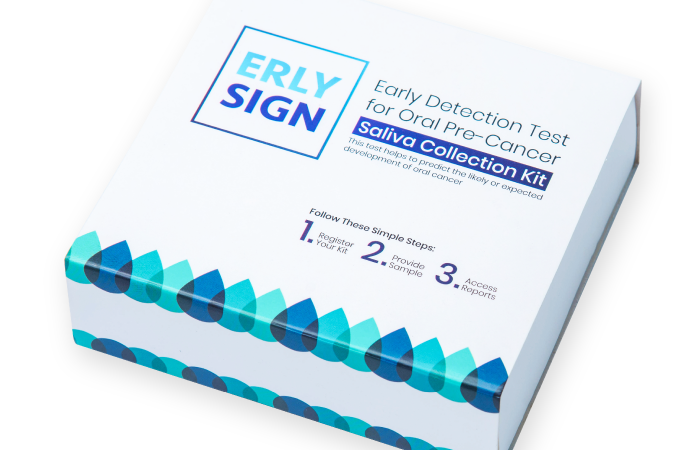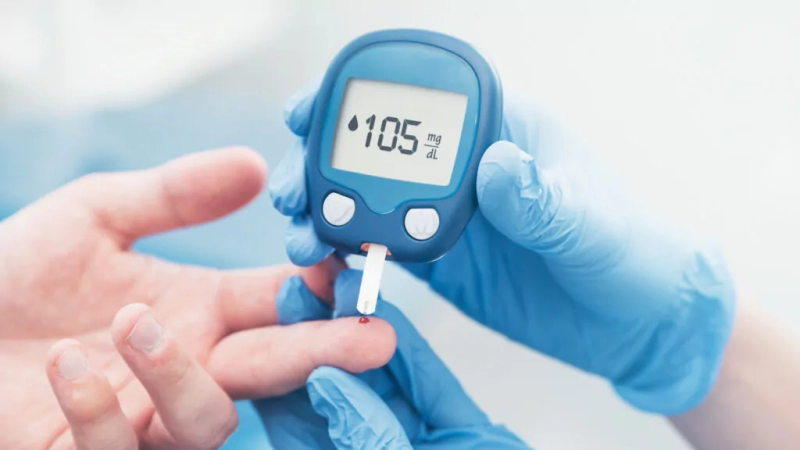The Pharmacovigilance Programme of India (PvPI) and Central Drugs Standard Control Organisation (CDSCO) will be drafting this guidance document for good pharmacovigilance (PV) in India for drug safety. The main intention behind this guideline is to give the industry with best practices in pharmacovigilance that can help them in preventing Adverse Drug Reactions (ADRs). The guidelines will feature relevant areas like signal observation for risk-benefit evaluation and management. A pharmaceutical company can meet their PV obligations either by setting up in-house systems for PV or can enter into contractual plans with Contract Research Organizations specializing in PV function.
Typical activities in PV department are Adverse Drug Reactions case processing and reporting, Periodic Safety Update Report, Periodic Benefit Risk Evaluation Report, Periodic Adverse Drug Experience Report , product quality complaints management, medical inquiries management, safety data exchange agreement management, signal detection for risk-benefit evaluation, risk management programs, literature monitoring for Adverse Drug Reaction case reports, training of company employees on ADR reporting, global compliance monitoring, audits and inspections.
The number of SOPs related to PV may vary from few in number to many, depending upon the length and complexity of the processes involved. The SOPs are expected to cover all PV functions and should be structured comprehensively detailing the necessary steps. Since PV involves global operations, clearly written SOPs ensures consistency, compliance, and quality, clear roles and responsibilities, uniform performance over multiple users to avoid errors of oral communication.
Health care professionals, consumers, clinical trials, PMS studies, regulatory authorities, literature publications, social media, product quality complaints, medical enquiries, pre-clinical research and business partners are the sources of collection of adverse event reports.
Other News
India Medical Device Pricing Strategy: Ensuring Growth & Affordability
India’s National Pharmaceutical Pricing Authority (NPPA) is developing a specialized India medical device pricing strategy for medical devices, transitioning away from the conventional drug-centric framework. This innovative strategy will incorporate international pricing tactics tailored to […]
Read MoreImports of High-Value Medical Equipment
High-Value Medical Equipment The Central Drugs Standard Control Organization (CDSCO) and the Central Board of Indirect Taxes & Customs have released a new circular, “F.No.401/40/2021-Cus.III,” detailing updated policies on the import of used high-end medical […]
Read MoreSEC Committee: Pioneering Medical Approvals
New important article released by Central Drugs Standard Control Organization (CDSCO) titled “SEC – Special Expert Committee, Medical Devices”. Key highlights include the streamlined processes for CDSCO application evaluations, preparation and significance of briefing materials, […]
Read MoreErlySign Oral Cancer Detection Technology Gets CDSCO Nod
ErlySign, a Nagpur-based biotech startup, has received approval from the Central Drugs Standard Control Organization (CDSCO) to conduct large-scale clinical trials for its novel oral cancer detection technology. The approval for ErlySign follows a rigorous […]
Read MoreAdditional Steps Announced by FDA to Modernize Clinical Trials
The U.S. Food and Drug Administration has made draft guidance available with updated recommendations for good clinical practices (GCPs), which are intended to modernize the clinical trial design and conduct while maintaining data integrity and […]
Read MoreAccreditation and Registration Numbers for Foreign Manufacturers Publication by PMDA
This article deals In accordance with the Pharmaceuticals and Medical Devices Act (PMD Act) of Japan, foreign businesses that wish to produce pharmaceuticals, quackery products, active pharmaceutical ingredients (APIs), or medical devices abroad and import […]
Read MoreBSI New Certification to Mitigate Antimicrobial Resistance Risk in Antibiotic Manufacturing
BSI, the business improvement and standards company, has developed a new certification to mitigate the risk of antimicrobial resistance (AMR) in antibiotic manufacturing. The certification, called the Minimized Risk of Antimicrobial Resistance (AMR) certification, will […]
Read MoreTUV SUD Inspects IVD Medical Devices’ Cyber Security
The growing digital connectivity of medical infrastructure is resulting in complicated systems with a plethora of diverse interfaces that are potentially vulnerable to assault. The IVD requires producers to provide proof of cyber security before […]
Read More


